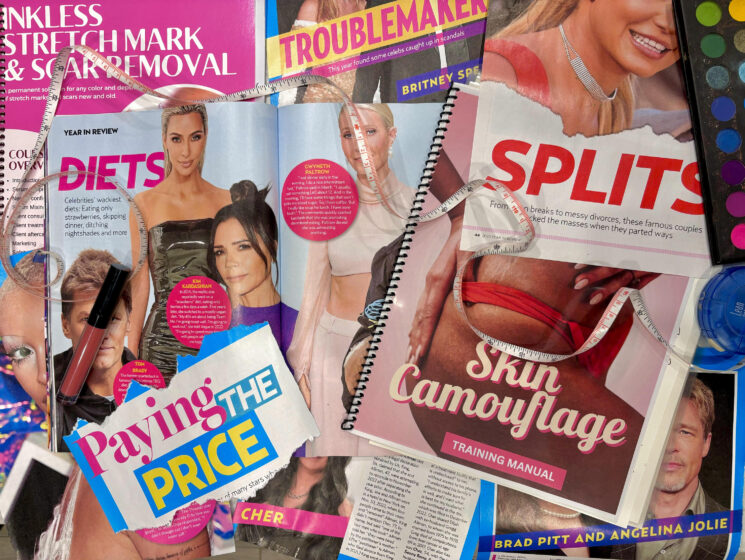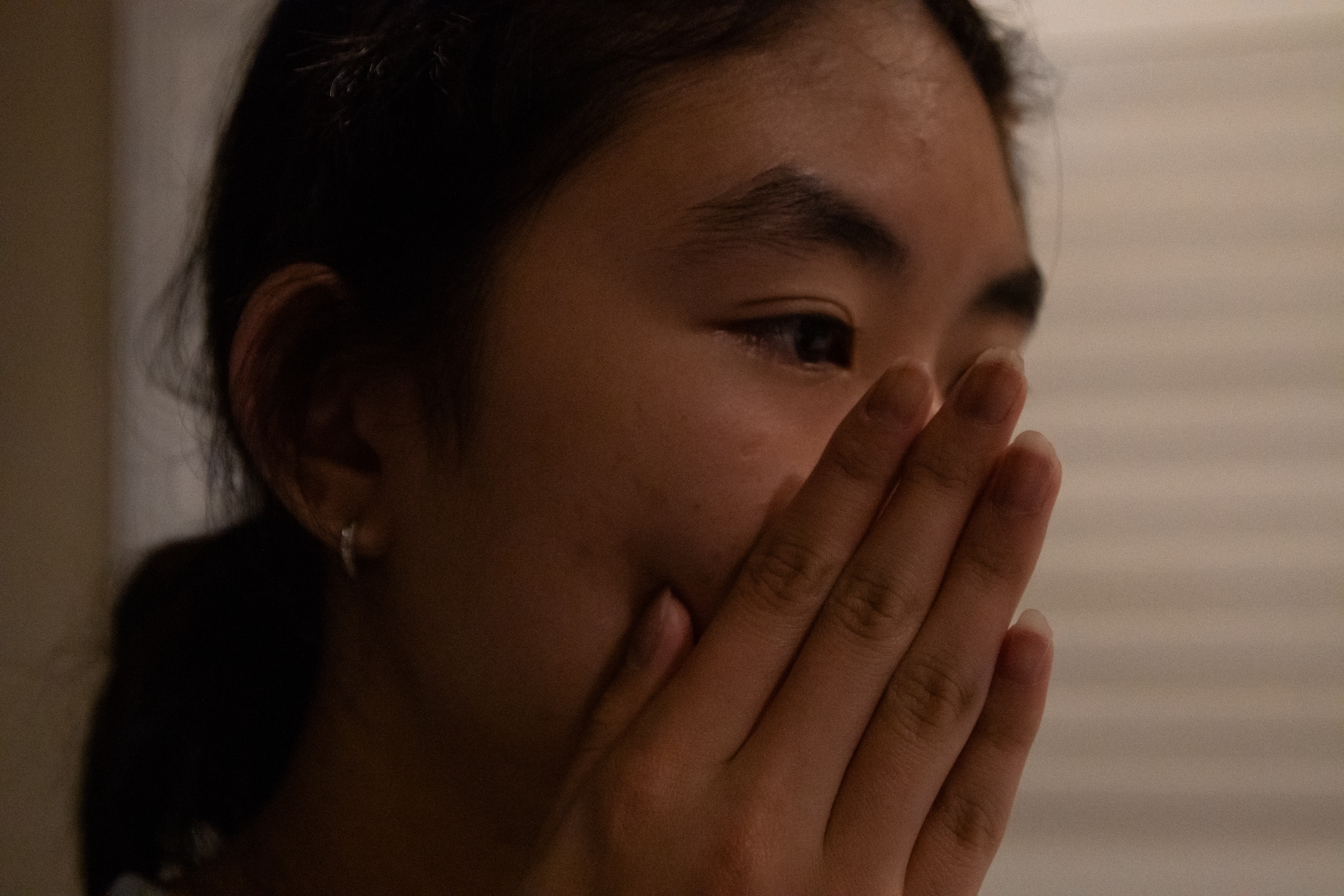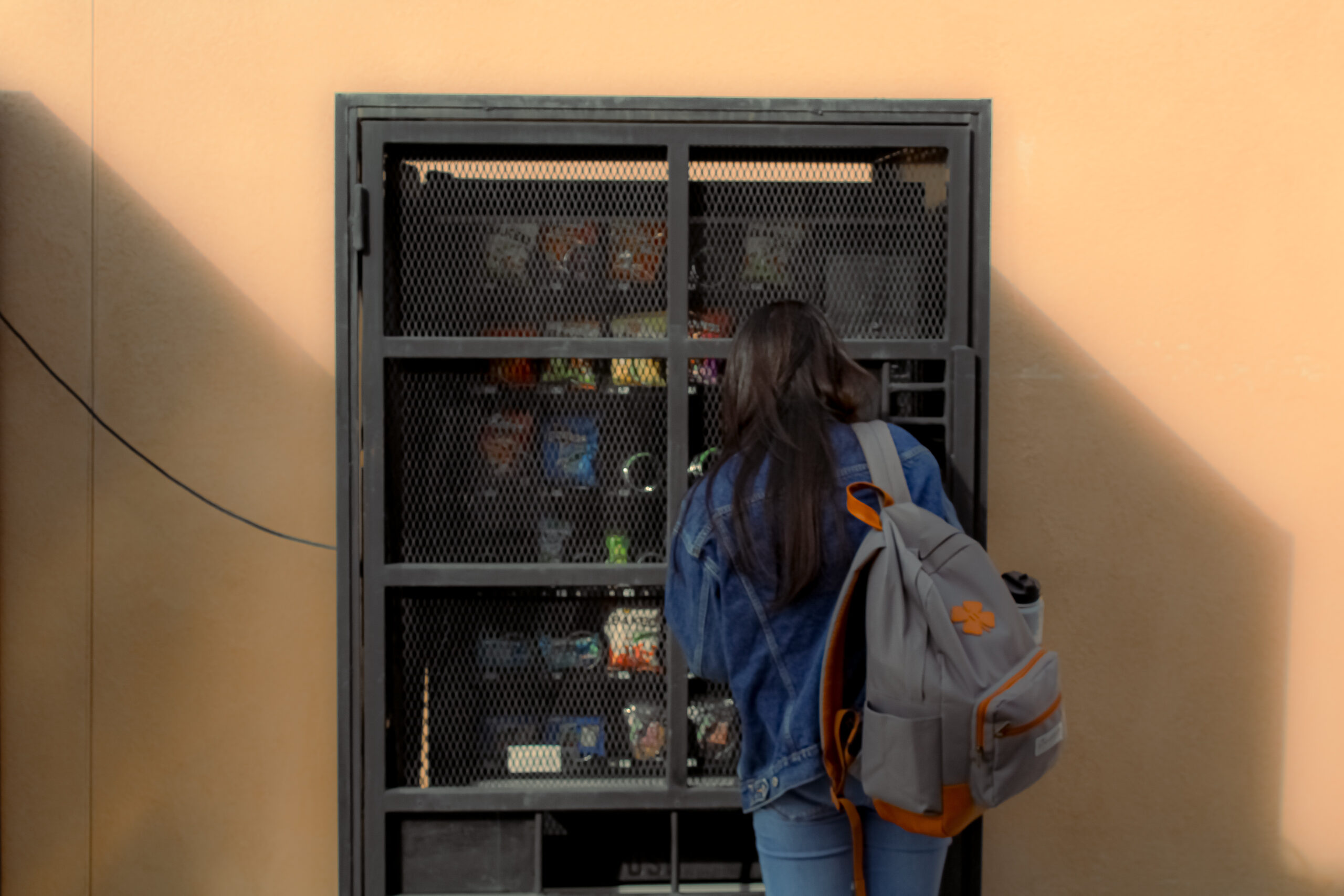
By Tessa Nacke
“Am I pretty enough? Do I talk too much? What will people think of me?” These thoughts rattle through my mind around four times a day. Since a young age, girls have been expected. Expected to talk, walk, look, think and act a certain way, from the Hollywood public eye, to an everyday interaction with a peer.
We have been raised in constant competition with our fellow peers. Although friendly competition may be healthy, women are constantly forced into a rivalry; this obsessive societal comparison is unhealthy for all affected. This aggressive societal competitiveness is present in pop culture and especially in societal circumstances.
Women are constantly put at odds in pop culture. Most famously, Beyonce and Taylor Swift. At the MTV Video Music Awards in 2009, while Taylor Swift was receiving an award, Kanye West bolted onto the stage and ripped the microphone out of Swift’s hand proclaiming Beyonce was the real winner and that Swift did not deserve such a prestigious award. To this day, the two superstars are constantly put at odds, even in almost a bitter light.
Both artists have uniquely different music and uniquely different fanbases, so why can’t two women both shine in the spotlight? Knowing this, it’s cruel to constantly compare two successful women.
This trend continues in many forms of media, such as movies like ‘Mean Girls’, that provide examples of this overrated aggression. In Mean Girls, main characters Regina George and Cady Heron are constantly in competition for the love interest, Aaron. Characters that were once friends now see each other as bitter rivals, all due to a boy. While this is a fictional example, this creation of a false bitter rivalry seems to be a result of the ‘male gaze.’
“According to feminist psychology, women have been trapped in a male-dominated society all their lives that they’ve internalized the ‘male gaze’—which perceives them as primarily sexual objects—and have learned to see themselves and other women through that lens as well,” Cosmopolitan said.
This ‘male gaze’ influences the way women dress, act, and think. This is stressful, as women have been expected to achieve so much at such a young age. Aside from the fact women have historically been considered ‘weaker’ and ‘dumber’ than men, women are expected to be mothers, sisters, daughters, students, and workers, and still manage to look presentable. This is a lot to handle! America Ferrera, one of the main actors in ‘Barbie’, captures this feeling through her monologue in the movie “Barbie” perfectly.
“You have to never get old, never be rude, never show off, never be selfish, never fall down, never fail, never show fear, never get out of line. It’s too hard! It’s too contradictory and nobody gives you a medal or says thank you! And it turns out in fact that not only are you doing everything wrong, but also everything is your fault,” Ferrera said.
Even now, in 2023, these patterns repeat themselves.
At the 2023 Golden Globes, host Jo Koy, a popular Filipino comedian, started the show with a bang. Not the ‘good’ type of bang, but rather a bang that left a bitter taste in many viewers’ mouths.
After such a successful year for female directors, actresses and musicians, (Barbie specifically), Koy’s ‘joke’ shocked the audience.
“Oppenheimer is based on a 721-page Pulitzer Prize-winning book about the Manhattan Project, and Barbie is on a plastic doll with big boobies,” Koy said.
Really? After racking up $1.4 billion dollars at the box office, that’s the only joke that you can write?
Jokes like this reinforce the original purpose of the Barbie movie. Even after all the success of this movie, and the sheer amount of people showing up to the theater in pink to celebrate a childhood doll, women are still joked about. That ‘joke’ was demeaning, and shows the modern day scrutinization of women.
Women were created as companions and as society persists in putting them at odds, it stops and makes the world wonder, why? Why am I being forced to hate my friends, mothers, sisters? The guilt that so often accompanies the obsessive tendencies of societal pressure is cruel, and unkind to the girls that have to grow up in an already broken world.





